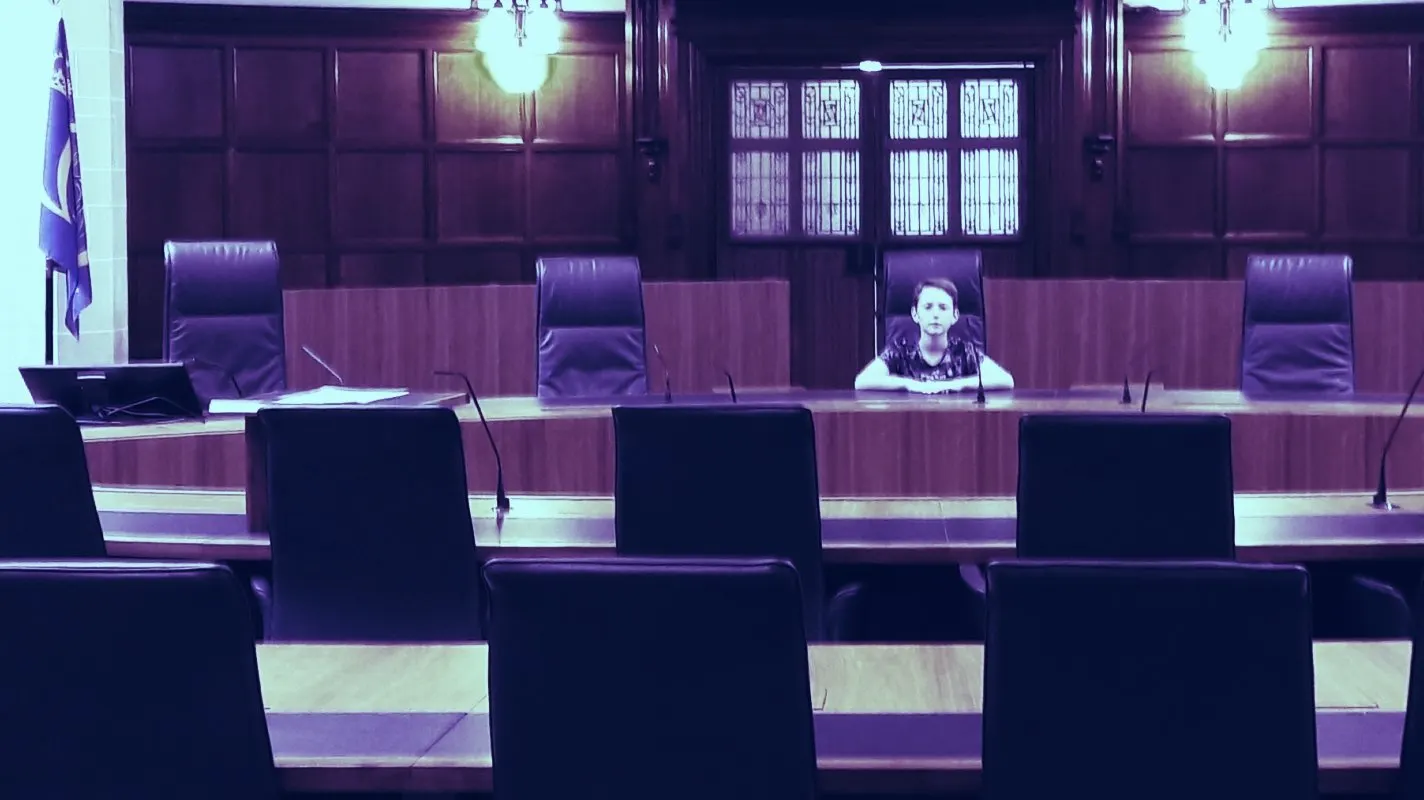A prominent panel of prominent legal experts in the UK today published a legal statement advising that, under British law, cryptocurrencies can be considered property and smart contracts can be legally binding.
The statement puts to bed years of uncertainty over the legal status of cryptoassets. The British Court consider cryptoassets “information,” and the courts have historically been reluctant to call information property. But the UK Jurisdiction Taskforce of the Lawtech Delivery Panel today found that cryptoassets “have all of the indicia of property.” Cryptoassets’ distributed ledger and cryptographic authentication, “do not disqualify them from being property.”
The Taskforce also found that smart contracts and decentralized autonomous organizations can have the same “contractual force” as “a more traditional or natural language contract.” In addition, it found that private keys can authenticate contracts in place of a written signature.
Though the findings aren’t legally binding and mainly provide guidance to the courts, legal experts hailed the statement as a major milestone in UK commercial law.
“They’re saying [to crypto companies], this is a place you can do business. If you want to set up a digital currency [or] use smart contracts—choose English law and English courts,” said Marc Jones, a solicitor at Stewarts, a British law firm that this summer convinced a British High Court that Bitcoin was property, in an interim judgment.
The Taskforce suggested its finding affected legal rules “relating to succession on death, the vesting of property in personal bankruptcy, and the rights of liquidators in corporate insolvency, as well as in cases of fraud, theft or breach of trust.”
The UK Jurisdiction Taskforce, which comprises some of the country’s top lawyers and legal experts, is one of six panels in the Lawtech delivery panel. It was established last summer by the UK government, the judiciary, and the Law Society of England and Wales, to ensure that the British legal sector can cope with new technology.
Other panels are working on investment, regulation, education, commercial dispute resolution, and ethics.
Old dog new tricks
The findings suggest that the centuries-old British legal system is more than capable of handling the latest technological developments.
Indeed, Jones of Stewarts, who’s dealt with cryptocurrency cases, tells Decrypt: “The legal statement is a statement of what the authors say English law actually is. They’re not saying what they think it should be.”
Tara Waters, a fintech partner at law firm Ashurst, was more cautious. She said the statement provided a “legal baseline” for legal practitioners to conduct further analysis. But Waters said other market participants are likely to still feel uncertain “as to how their proposed activities fit within the wider and complex legal and regulatory environment."
Sir Geoffrey Vos, Chancellor of the High Court, said today he thinks the document is a “masterpiece of legal precision,” that “will be hugely influential on legal thinking in the common law world.”
Indeed, Jones says he thinks it’s likely the document will be referred to in courts throughout the common-law world. He’s already forwarded it to a lawyer working on the Cryptopia hack in New Zealand, suggesting the conclusions could be useful to the court.

